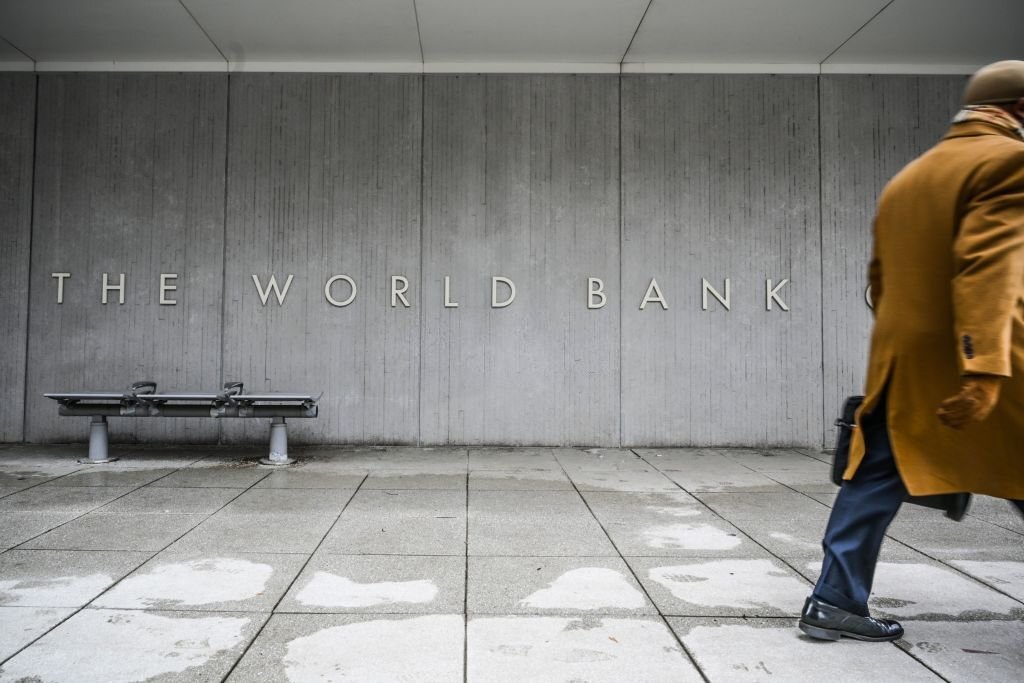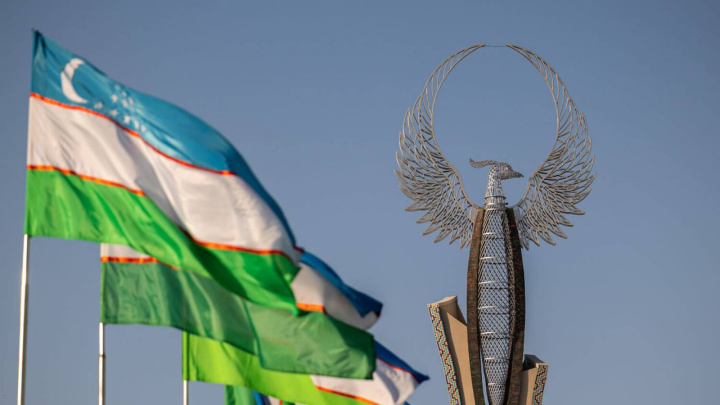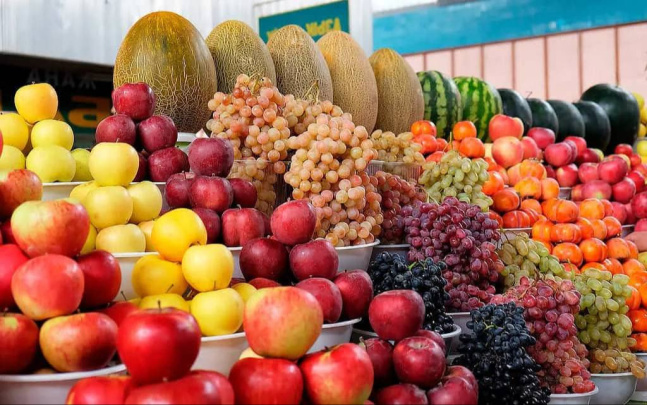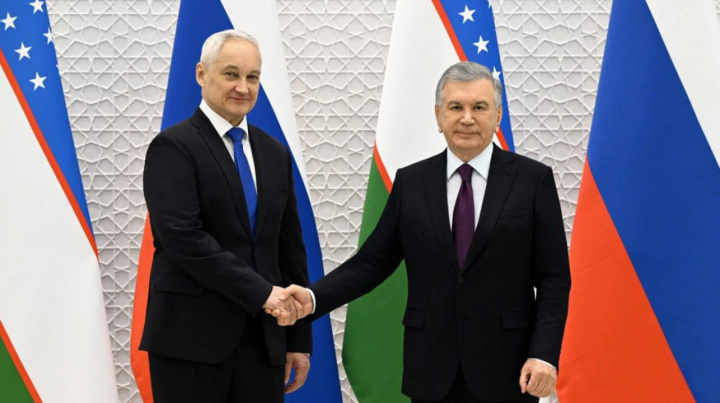The World Bank’s financial support to the Government of Uzbekistan will be provided through both highly concessional loans in the amount of $470 million, and low-cost loans of $480 million.
“It is encouraging that Uzbekistan remains committed to crucial reforms despite a challenging situation globally and in the Europe and Central Asia region,” said Tatiana Proskuryakova, World Bank’s Regional Director for the Central Asia region. “This policy operation builds on the extensive World Bank financial and technical support provided since 2017 to help Uzbekistan develop an inclusive and vibrant market economy. Our Country Partnership Framework for 2022-2026 will contribute to the implementation of further key reforms in line with the National Development Strategy goals.”
The financing from this World Bank operation will support reforms to:
• Establish a new National Social Protection Strategy to improve the performance of the social protection system, especially for poor and vulnerable families.
• Expand publicly funded maternity benefits to private sector employees, which will reduce discrimination against women in the workplace.
• Establish new legislation on the privatization of state-owned enterprises, competition, and insolvency regulation to improve the private sector business environment.
• Increase private participation and enhance competition in Uzbekistan’s mobile telecommunications.
• Deepen and expand non‐bank credit organizations and improve their service quality to widen access to finance for smaller businesses.
• Increase the financial oversight and financial discipline of state-owned enterprises.
The operation provides financial support for the Government budget during a time of heightened global economic uncertainties, tighter financial markets, and rising global food and fuel prices.
As of December 16, 2022, the World Bank’s country program in Uzbekistan comprised 27 projects. They are being implemented by the Government with the support of the World Bank across a range of critical areas, including poverty reduction, support for entrepreneurship, macroeconomic reforms, agriculture, water resource management, clean water supply, sanitation, energy, transport, health, education, social protection, urban and rural infrastructure, national innovation, tax administration, statistical and financial systems, and more. The World Bank also continues to support the Government’s efforts to mitigate the health, social, and economic impacts of the COVID-19 pandemic.






